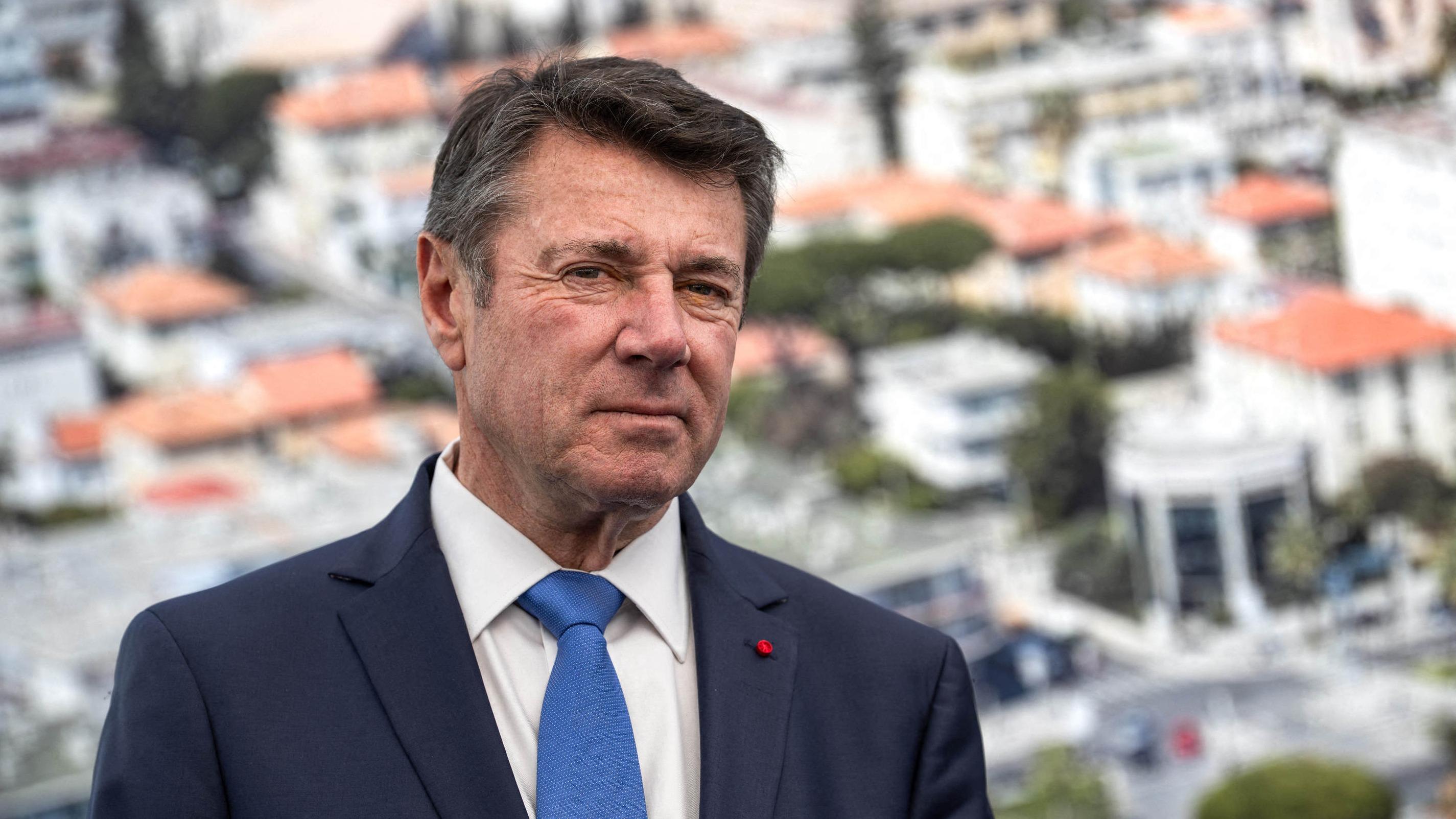France Urges EU Sanctions and Military Action to Combat Rising Narcotrafic Violence
France is pushing for military interventions in troubled neighborhoods and new EU sanctions against criminal drug trafficking networks to counter rising narcotrafic violence.
- • Christian Estrosi calls for military deployment against narcotrafic labeled as narcoterrorisme.
- • French government to propose EU sanctions including asset freezes and travel bans targeting criminal networks.
- • Prime Minister Sébastien Lecornu supports a unified national approach modeled on anti-terrorism.
- • President Macron urges swift enactment of narcotrafic law with new law enforcement resources.
Key details
France is intensifying its fight against narcotrafic, pushing both for military deployments in troubled urban areas and for a new European Union sanctions regime targeting criminal networks. Christian Estrosi, mayor of Nice, has renewed calls for immediate military intervention, labeling drug trafficking as "narcoterrorisme" due to its use of terror tactics to intimidate communities. He underlined the urgency to "cleanse neighborhoods," especially following the assassination of Amine Kessaci's brother in Marseille, a recent emblematic act highlighting the violence's severity.
Prime Minister Sébastien Lecornu expressed support for Estrosi's appeal, referencing past counter-terrorism successes as a model for current actions against narcotrafic. Lecornu also emphasized the need for national unity in combating this evolving threat. However, calls for military deployment have met resistance locally; ecologist leader Juliette Chesnel-Le Roux criticized military involvement as "stupid," advocating instead for better judicial and police resources. The prefect of Alpes-Maritimes reminded that the military has not conducted urban law enforcement since 1914, with the Sentinelle military force traditionally focused elsewhere.
On the international front, France plans to present a proposal to EU ministers calling for a regime of sanctions against individuals and groups involved in drug trafficking, arms smuggling, migrant trafficking, and environmental crimes affecting Europe. The sanctions could include asset freezes and travel bans within the EU. Jean-Noël Barrot, having recently visited Latin America to strategize on combating narcotrafic, highlighted France's commitment to tackling the problem at its sources and regional hubs, including plans for a specialized training academy in the Dominican Republic.
Interior Minister Laurent Nuñez described recent narcotrafic-related violence in France as crimes of intimidation rather than typical gang disputes. President Emmanuel Macron has called for rapid implementation of the new narcotrafic law passed in June, which provides law enforcement with enhanced tools, including a specialized prosecutor's office slated to open in January 2026. France is confronting a rising death toll from narcotrafic violence, with 110 fatalities and 341 injuries reported in 2024 alone.
These combined national and European measures reflect France’s robust, multifaceted approach to dismantling narcotics networks and restoring safety to affected communities.
This article was translated and synthesized from French sources, providing English-speaking readers with local perspectives.
Source articles (2)
Source comparison
Date of proposal presentation
Sources disagree on the date of the proposal presentation to the EU.
lefigaro.fr
"On November 19, Estrosi expressed the urgency for military intervention."
euractiv.fr
"The French government is set to present a proposal on November 20."
Why this matters: One source states the proposal will be presented on November 20, while the other claims it was discussed on November 19. This discrepancy affects the timeline of events related to the government's actions against narcotrafic.
Latest news
French Public Sees Rise in Political Violence Amid Pre-Municipal Election Tensions
Businesses Drive French Economy Amid Rising Financial Challenges for Youth
France Climbs to 4th Place in 2026 Winter Olympics Medal Table After Biathlon Relay Gold
XV de France to Field Largely Unchanged Lineup Against Italy in Six Nations
France and India Deepen Strategic Partnership with Focus on AI Regulation and Defense Cooperation
Data Breach Exposes 1.2 Million French Bank Accounts, Authorities Warn of Fraud Risks
The top news stories in France
Delivered straight to your inbox each morning.


